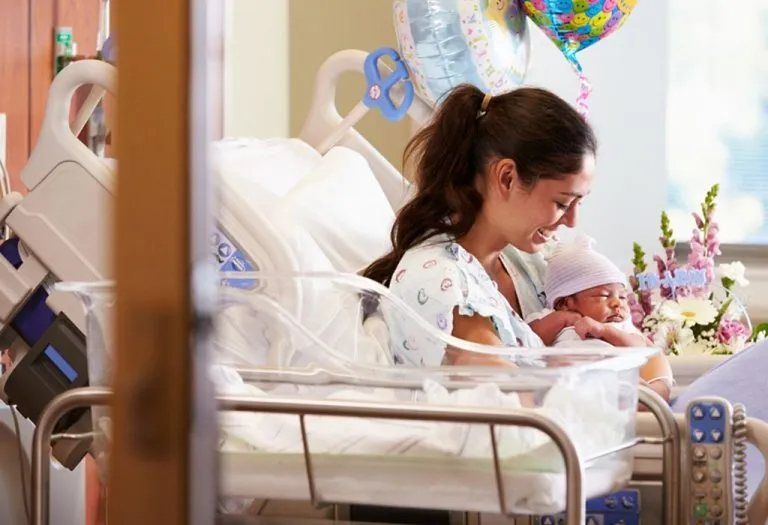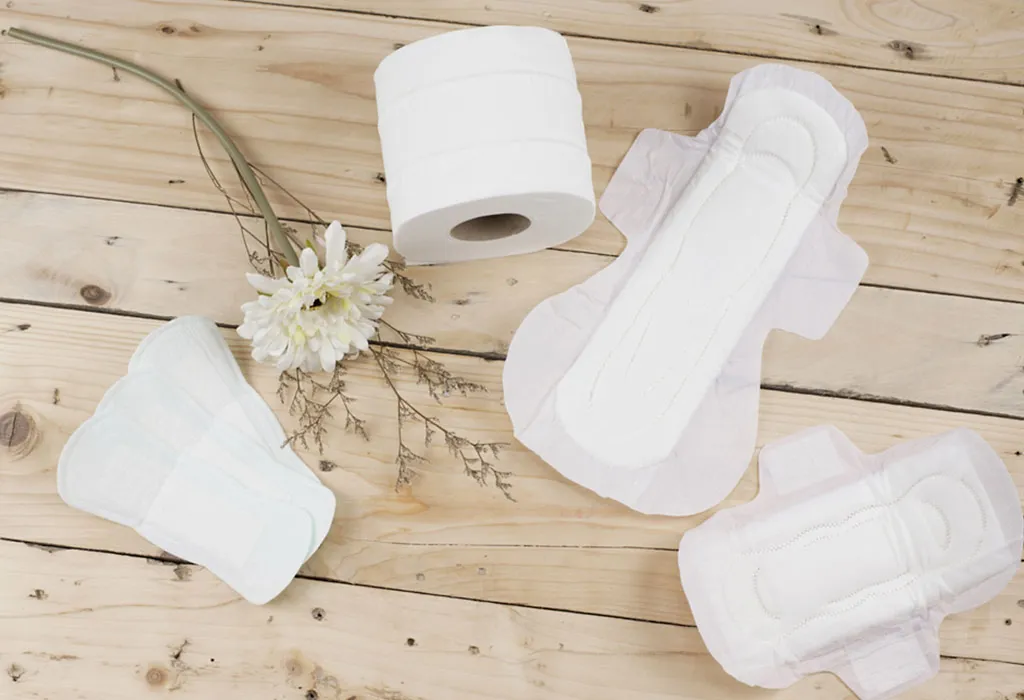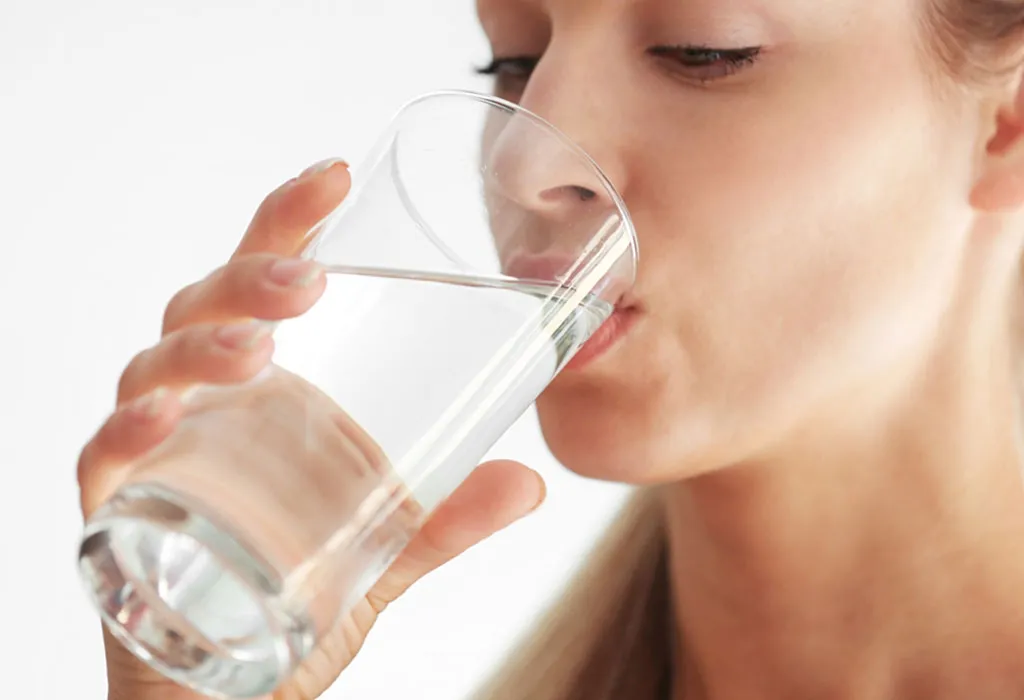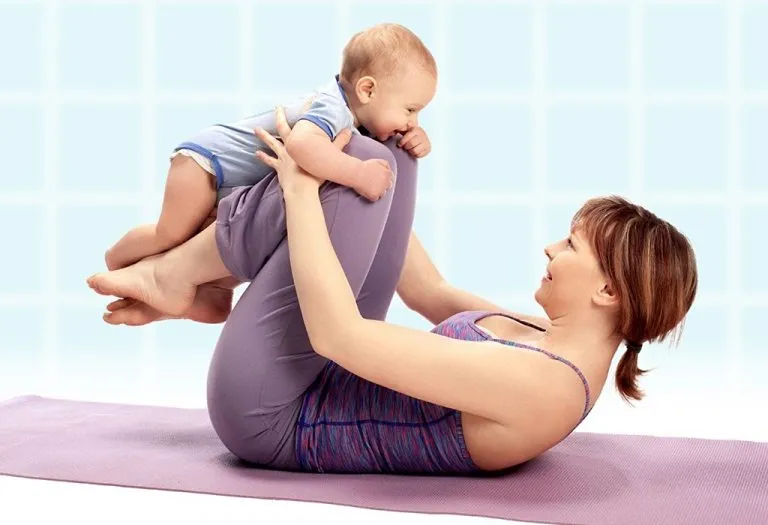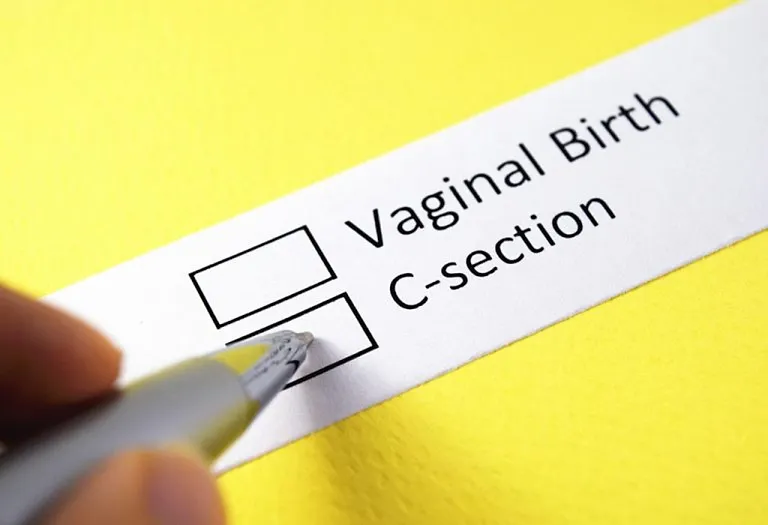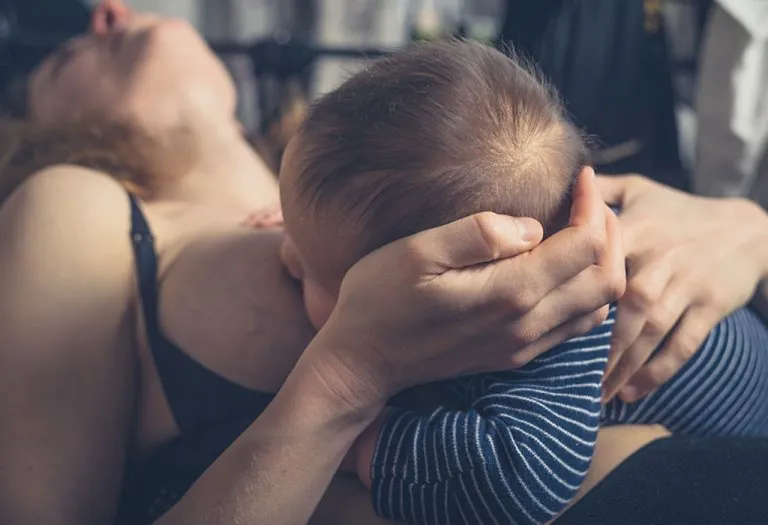9 Important Precautions to Take After Delivery

The post-partum period, an essential phase in a new mother’s life, starts right after the delivery and ends when the mother is close to returning to the pre-pregnancy stage. Typically lasting about six to eight weeks, this is a period when you need to take extreme care of your body and supplement it with adequate rest, nutrition and sleep. During this period, the mother undergoes emotional and physical changes while learning to balance the responsibilities that come with motherhood. In most customs and religions, the first 40 days after delivery, termed the confinement period, are strictly meant for the mother to rest, recuperate and bond with the baby.
In this article, we will discuss after delivery precautions every new mother should take to ensure a healthy start to motherhood.
What Changes You Can Expect After Childbirth?
The post-delivery period comes with challenges, and here is what you can expect. After delivery, women undergo a sea of changes, both physically and emotionally.
1) Physical Changes
Here are some of the physical challenges you can expect.
1. Constipation
Whether you have had a normal delivery or a C-section, there is a chance of you being constipated. This may be because of the effects of iron supplements or because you are apprehensive about bowel movements when your perineum is sore.
2. Sore Breasts
With the delivery comes breastfeeding. Your breasts will be full of milk, and you may need to nurse your baby every few hours. This could lead to sore breasts.
3. Hot and Cold Flashes
Dripping with sweat or burning up? You are not alone. Most mothers have hot flashes for weeks after pregnancy.
4. Urinary Incontinence
Childbirth weakens the pelvic muscles, thereby causing incontinence. This is common in cases of vaginal delivery, especially the ones involving forceps or other interventions.
5. Weight Loss
After the baby is delivered, you may feel a little lighter, but you are likely to lose a few pounds after childbirth. If you are breastfeeding, then there is a definite chance of weight loss, as breastfeeding is known to help in getting back to your pre-pregnancy weight.
2) Emotional Changes
While some mothers may feel happy, joyous and alert after giving birth, others feel bruised, exhausted, depressed and disappointed. Here are a few common emotional changes seen in mothers.
1. Baby Blues
Most mothers feel weepy and irritated during the first week after giving birth. Often called “baby blues” and experienced by many mothers, this is linked to the fluctuations in chemical and hormone levels two to four days after birth.
2. Postpartum Depression
Baby blues are often considered normal. However, if you find yourself feeling persistently frightened, sad, discouraged, or tired for weeks or months after delivery, then you may be suffering from post-natal depression. It affects one out of every ten women, and many women tend to be withdrawn after childbirth. Seek medical intervention, as depression could affect your bond with the baby.
3. Irritability
With the baby’s arrival, your sleep patterns become tizzy. Lack of sleep could irritate you, and the best way to deal with it is to sleep when you find the time and when your baby is asleep.
4. Anxiety
As a new mother, you may be anxious for several reasons. These could be related to breastfeeding, the baby’s sleep pattern, or even apprehension about how you will deal with childcare a few months later. Try not to think too much and allow things to settle by themselves.
5. Mood Swings
A new mother is sure to experience mood swings, given the exhaustion and stress related to dealing with the baby and her health.
6. Guilt
After the baby’s arrival, the parents become closer. However, the mother, who is usually the primary caregiver, finds herself left with no time to spend with her better half. This could cause a feeling of guilt. Try setting aside some time of the day to spend with your loved one. It could do wonders in driving those blues away.
7. Prolonged Periods of Sadness
The body goes through a lot of hormonal changes post-delivery, and many mothers find themselves feeling sad, frustrated, and miserable for a long time, weeks after delivery. You must seek medical intervention in such cases.
What Precautions Should You Take After Delivery?
After delivery, a mother’s body is in a delicate state as it heals and adjusts to the postpartum phase. Taking necessary post-delivery precautions is crucial to supporting this recovery process and ensuring physical and emotional well-being. Read on to learn how to take care of yourself after giving birth.
1. Use Pads and Not Tampons
Lochia is a process where the uterine lining is shed after delivery, and you bleed as you would during menstruation. This lasts for about six weeks, making you prone to infection. It is better to use pads in this period, as they reduce the chance of infections (7).
2. Use Ice Packs for Pain Around the Vaginal Area
Ice packs help reduce pain around the vagina after childbirth. To avoid direct contact with the vagina, wrap the pack in a soft towel. This is a normal post-delivery precaution.
3. Use Warm Water to Cleanse Yourself
The area between your vagina and rectum can be sore and difficult to clean. Wash it gently with warm water to prevent an infection.
4. Take a Sitz Bath
A sitz bath is when you sit in a few inches of warm water daily, especially after bowel movements. This will help reduce soreness around the vagina (6).
5. Take Rest
Ample rest and good sleep are primary needs for a mother. A newborn needs to be fed every three hours, cleaned and comforted. It is practically impossible for you to sleep for 7-8 hours at a stretch. Change your sleep pattern. The thumb rule is “When the baby is asleep, you sleep too”. Ensure that your baby’s bed is close to yours. It saves energy and time. Do not take on extra responsibilities apart from attending to your baby in the first few weeks. These duties could leave you exhausted. Do not try to entertain visitors who want to visit you and the baby if it becomes too tiring.
6. Eat Nutritive Foods
It is common for mothers to skip meals or forget to eat, but breastfeeding mothers must eat well and ensure that they eat when hungry. Eat foods rich in nutrients for optimum post-pregnancy care and benefits for the feeding baby. A healthy diet is the key to a good breastfeeding pattern to nursing your newborn. Supplement your diet with grains, vegetables, dairy, fruits, protein legumes and cereals. Your food palate must be rich in protein, iron and calcium. Healthy nutrition is one of the most important precautions after the baby’s delivery (5).
7. Stay Hydrated
Drink a lot of fluids to beat exhaustion. It is also important to drink lots of water to avoid constipation. Consume food rich in fibre and balance it by drinking lots of water.
8. Exercise Regularly
Find some time to exercise and establish a regime. Get outside the house at least once and try to walk and strengthen your muscles (3).
9. Ask for Help
Hire help to do your household chores or even look after the baby while you get some sleep to beat the exertion. Contact family and friends to see if they can care for the baby. Any additional help is invaluable (1).
FAQs
1. Can I start exercising right after delivery?
It’s best to wait until after your postpartum checkup, usually six weeks, before starting any exercise routine. Begin with light activities like walking and gradually increase intensity as your body heals (2).
2. How can I take care of my perineum area after a vaginal delivery?
Keep the area clean and dry, rinse with warm water after using the bathroom, and consider sitz baths to soothe discomfort. Contact your doctor immediately if you notice any signs of infection, such as increased pain or discharge (4).
With the excitement and the hustle and bustle of the new arrival, you may have forgotten the other most important person – You! Resting, getting enough sleep, and eating a nutritional diet after birth are as vital as looking after your baby. Taking the right after pregnancy precautions is crucial for ensuring a smooth and healthy recovery. Only if you are fit can you get your little one to be fit, too!
References/Resources:
1. Chalouhi. S; 9 Tips for Taking Care of Yourself After Birth; The University of New Mexico; https://unmhealth.org/stories/2022/01/9-tips-taking-care-yourself-after-birth.html
2. Horsager-Boehrer. R; Postpartum exercise: When it’s safe to start running and lifting after pregnancy; University of Texas Southwestern Medical Center; https://utswmed.org/medblog/workouts-after-pregnancy/
3. Exercise After Pregnancy; American College of Obstetricians and Gynecologists; https://www.acog.org/womens-health/faqs/exercise-after-pregnancy
4. Perineum care after childbirth; Perineum care after childbirth; https://www.cuh.nhs.uk/patient-information/perineum-care-after-childbirth/
5. Diet for Breastfeeding Mothers; The Children’s Hospital of Philadelphia; https://www.chop.edu/centers-programs/breastfeeding-and-lactation-program/diet-breastfeeding-mothers
6. Recovering From Delivery; Nemours KidsHealth; https://kidshealth.org/en/parents/recovering-delivery.html
7. Your body after the birth; NHS; https://www.nhs.uk/pregnancy/labour-and-birth/after-the-birth/your-body/
Weakness After Childbirth
Your Essential Postpartum Skincare Guide
Common Postpartum Complications & Their Solutions
How Your Body Changes After Delivery of the Baby
Was This Article Helpful?
Parenting is a huge responsibility, for you as a caregiver, but also for us as a parenting content platform. We understand that and take our responsibility of creating credible content seriously. FirstCry Parenting articles are written and published only after extensive research using factually sound references to deliver quality content that is accurate, validated by experts, and completely reliable. To understand how we go about creating content that is credible, read our editorial policy here.






